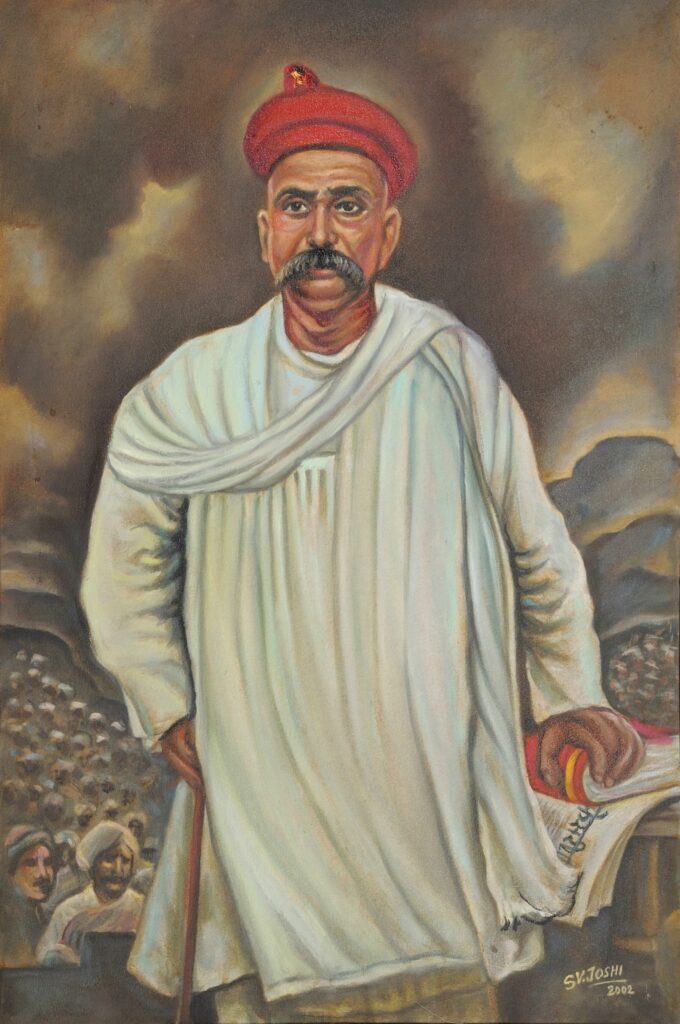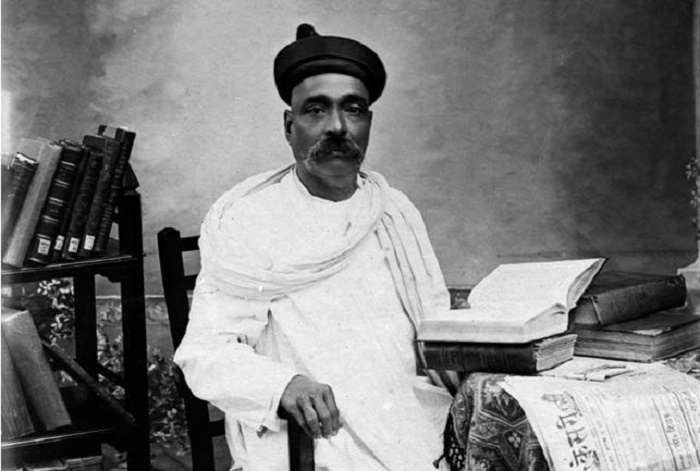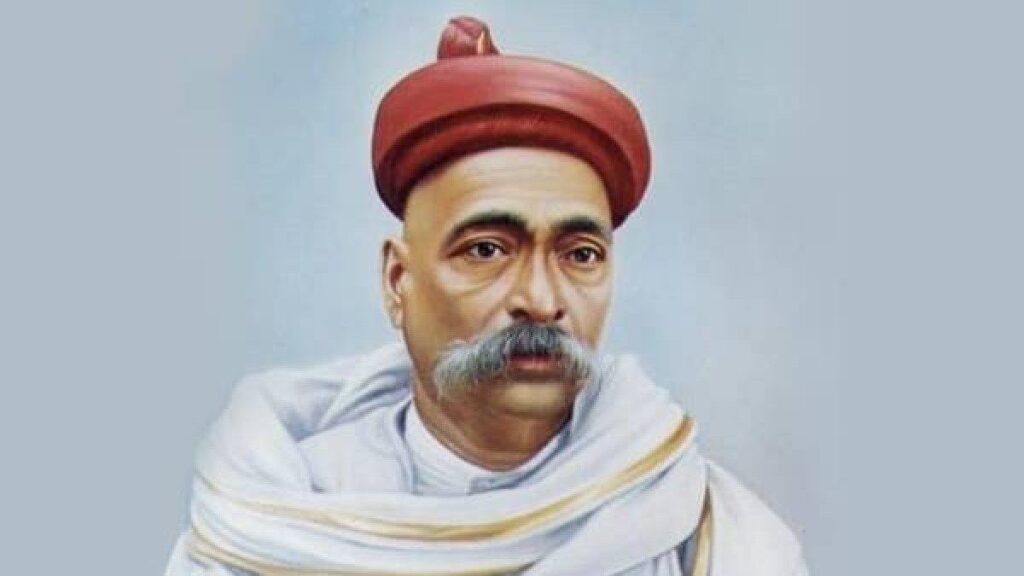Bal Gangadhar Tilak, popularly known as Lokmanya Tilak, was a prominent Indian nationalist, social reformer, educator, and freedom fighter who played a vital role in the Indian independence movement. Born on July 23, 1856, in a middle-class Chitpavan Brahmin family in Ratnagiri, Maharashtra, Tilak’s impact on the socio-political landscape of India cannot be overstated.
Tilak was a brilliant student right from his early years. He acquired a Bachelor’s degree in Mathematics and a Law degree from the prestigious Deccan College in Pune. His education played a significant role in shaping his intellectual prowess and his ability to analyze complex societal issues with a rational and pragmatic approach.
Tilak’s profound interest in social reforms and national awakening led him to become one of the founding members of the Deccan Education Society in 1884. This institution aimed at promoting education among the masses in Maharashtra, especially focusing on promoting the vernacular language and instilling nationalistic ideas among the youth.

You can read our another post on Devi Subhadra: The Goddess of Love, Compassion, and Devotion
One of Tilak’s most enduring contributions to the Indian independence movement was his advocacy for Swaraj or self-rule. He firmly believed that colonial rule was holding back the progress and prosperity of India and that true independence was essential for the country’s growth and development. His famous slogan “Swaraj is my birthright, and I shall have it” became the rallying cry for the Indian masses in their struggle against British imperialism.
Tilak was a staunch supporter of using cultural and religious festivals as a platform to mobilize the masses and spread nationalist sentiments. He popularized the celebration of Ganesh Chaturthi and Shivaji Jayanti as public events, transforming them into occasions for fostering unity and solidarity among Indians across different regions and communities.
Despite his strong commitment to the cause of independence, Tilak also emphasized the importance of social reforms within Indian society. He advocated for the eradication of social evils like caste discrimination, child marriage, and illiteracy. His efforts to promote widow remarriage and women’s education reflected his progressive outlook towards gender equality and social justice.
Tilak’s role in the freedom struggle was marked by his fearless advocacy for the empowerment of the masses. He was instrumental in the formation of the All India Home Rule League in 1916, which aimed at garnering public support for achieving self-government within the British Empire. His speeches and writings inspired millions of Indians to join the struggle for independence and challenge the colonial authority.
In 1908, Tilak was arrested and tried for sedition in what came to be known as the infamous ‘Mandalay Conspiracy’ case. Despite being sentenced to six years of imprisonment, Tilak never wavered in his commitment to the cause of freedom. His time in prison only fueled his resolve to fight against colonial oppression and injustice.

Tilak’s approach to the freedom struggle was marked by a blend of pragmatism and idealism. He believed in adopting both constitutional means and mass agitations to press for political reforms. His philosophy of ‘Purna Swaraj’ or complete independence laid the foundation for the subsequent movements led by Mahatma Gandhi and other nationalist leaders.
As a prolific writer and editor, Tilak used his newspapers, Kesari (Marathi) and Maratha (English), as powerful tools for disseminating nationalist ideas and galvanizing public opinion. His incisive analysis of political developments and his fiery editorials made him a formidable voice against British colonial rule.
Tilak’s legacy as a freedom fighter and social reformer continues to inspire generations of Indians. His unwavering commitment to the cause of independence, his emphasis on self-reliance and self-respect, and his vision of a united and prosperous India remain at the core of the country’s nationalist narrative.

Bal Gangadhar Tilak passed away on August 1, 1920, leaving behind a rich legacy of courage, resilience, and unwavering commitment to the ideals of liberty and justice. His life and work embody the spirit of India’s struggle for freedom and serve as a beacon of hope for all those who aspire for a world based on the principles of equality, fraternity, and justice.
FAQ For Biography Of Bal Gangadhar Tilak
Who was Bal Gangadhar Tilak?
Bal Gangadhar Tilak was a prominent Indian nationalist, social reformer, and freedom fighter during the British colonial rule in India.
What were some key contributions of Bal Gangadhar Tilak to India’s freedom struggle?
Tilak was a staunch advocate for Swaraj (self-rule) and is known for popularizing the slogan “Swaraj is my birthright and I shall have it.” He also played a significant role in launching the Ganesh Chaturthi festival as a public event to unite people against British rule.
When and where was Bal Gangadhar Tilak born?
Bal Gangadhar Tilak was born on July 23, 1856, in Ratnagiri, Maharashtra, India.
What were some of Tilak’s notable works and writings?
Tilak was a prolific writer and thinker. Some of his notable works include “Gita Rahasya,” where he interpreted the Bhagavad Gita, and “The Arctic Home in the Vedas,” where he proposed the theory of the Arctic homeland of the Indo-European languages.
What was the legacy of Bal Gangadhar Tilak in Indian history?
Bal Gangadhar Tilak is remembered as one of the key architects of India’s independence movement. His emphasis on self-reliance, cultural pride, and unity continues to inspire generations of Indians.
